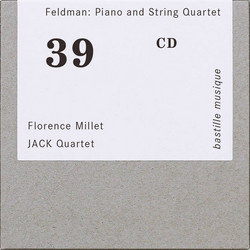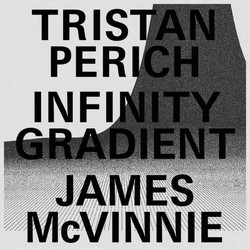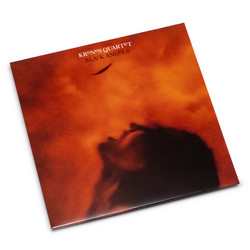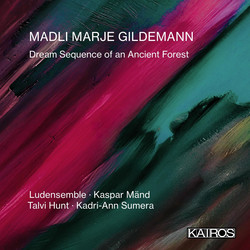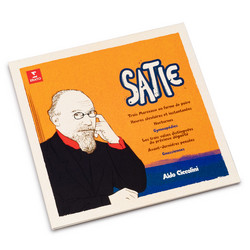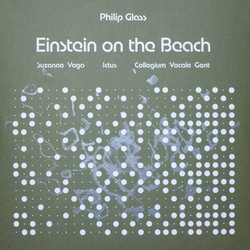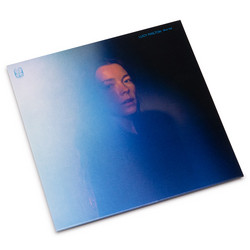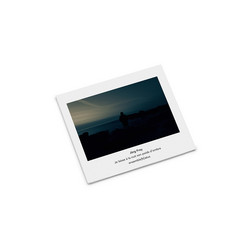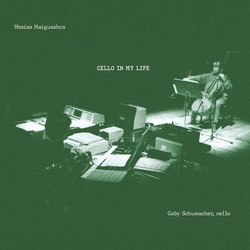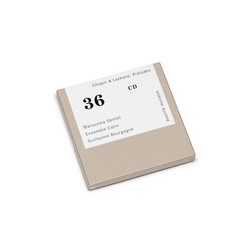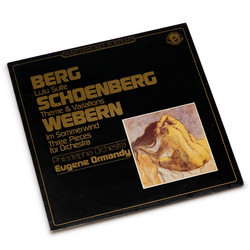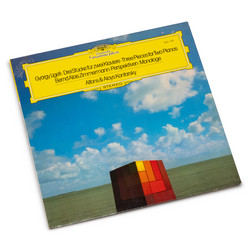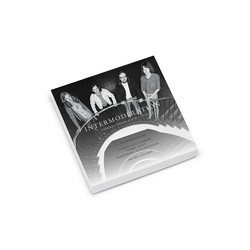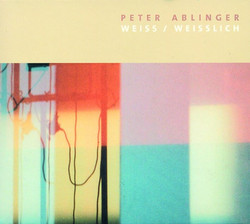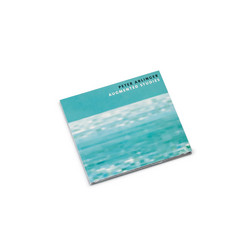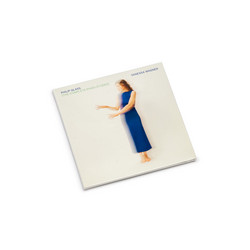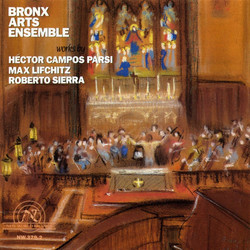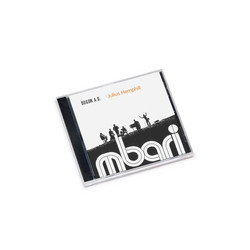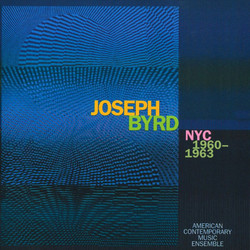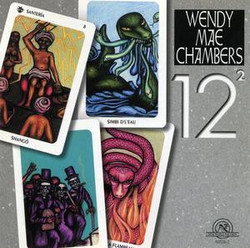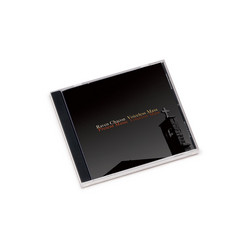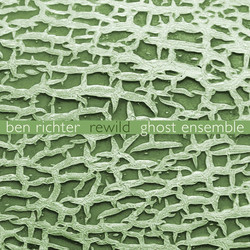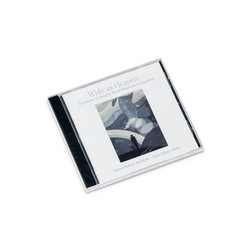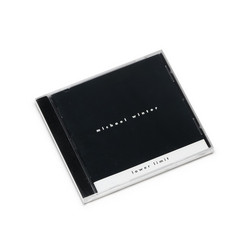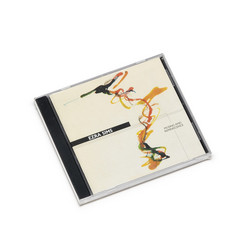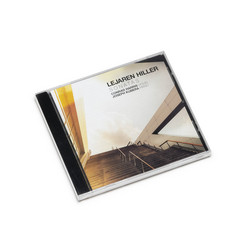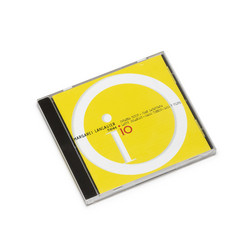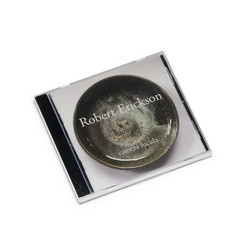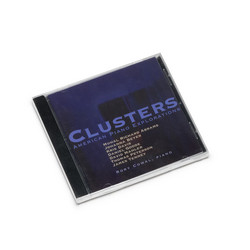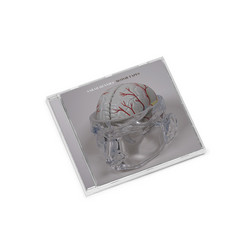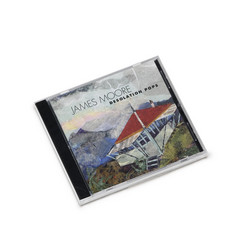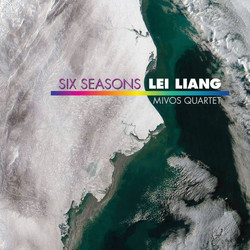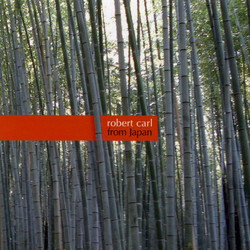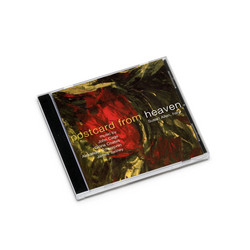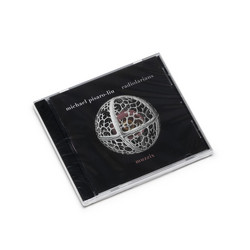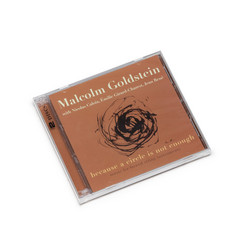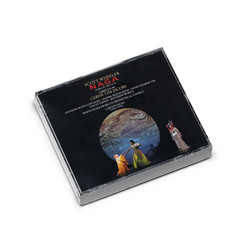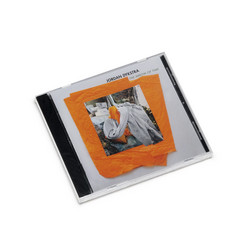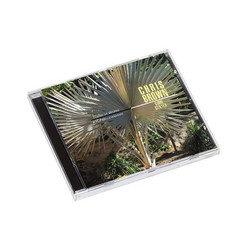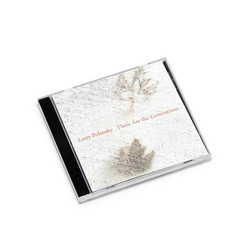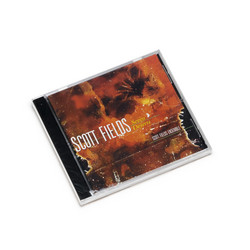Carlos Surinach, Bronx Arts Ensemble, Pablo Zinger
Doppio Concertino / Flamenco Cyclothymia / Concerto For String Orchestra / Piano Quartet (CD)
Carlos Surinach (b 1915) is an American composer whose Spanish heritage, together with the rigors of German musical training, has enabled him to produce an oeuvre that "achieves an effect of novelty by exploiting all the familiar clichés of the `Spanish idiom' with new technical resources and with a completely non-impressionistic sensibility," as Gilbert Chase wrote in Music of Spain.
Like Manuel de Falla's Harpsichord Concerto, the Doppio Concertino (Double Concerto) of 1954 is basically neoclassical, with the influence of Spain insistently woven throughout. This piece is marked by crisp, spare textures and an adventuresome use of ostinato figures, both rhythmic and melodic.
Flamenco Cyclothymia (1967) displays elements of guitar-like arpeggios for the piano, not unlike those used by Falla in Nights in the Gardens of Spain, and an evocation of the Spanish Gypsy violin style, earlier explored by Sarasate. Characteristically, however, Surinach makes these allusions entirely his own. As in the Concertino, repeated arching single notes on the violin are an outstanding feature.
The Concerto for String Orchestra is a 1978 reworking of his 1974 String Quartet. Because of the vigorous character of the music, it is easy to imagine how the idea of using the sonority of a string orchestra attracted him. Echoes of Spain emerge in the first movement of this Concerto, with its Iberian chord changes and intricate configurations. The second movement presents a contrast with a long, recitative-like melody, much like a solea, for the cello. The third movement returns to multilayered interchanges, with a slower, plaintive midsection. A folk song is cited—"El Café de Chinitas,” from a collection of poems by García Lorca.
Another song from the Lorca anthology, "Las Tres Hojas,” is worked into the finale of the Piano Quartet, composed in 1942, the earliest piece on this recording. As in the Bachianas Brasileiras of Heitor Villa-Lobos, the composer leads off with an energetic first movement that seems to be a tribute to the contrapuntal spirit of Bach. By the end of the Quartet, this energy has been transformed into a looser, more vernacular form. Reviewing the work, Virgil Thomson wrote: "Clarity and tenderness are [Surinach's] especial gift; brilliancy and instrumental imagination are his charm.... His Piano Quartet... has a structural integration rare in Spanish music and a loveliness of sentiment rare in any.”


